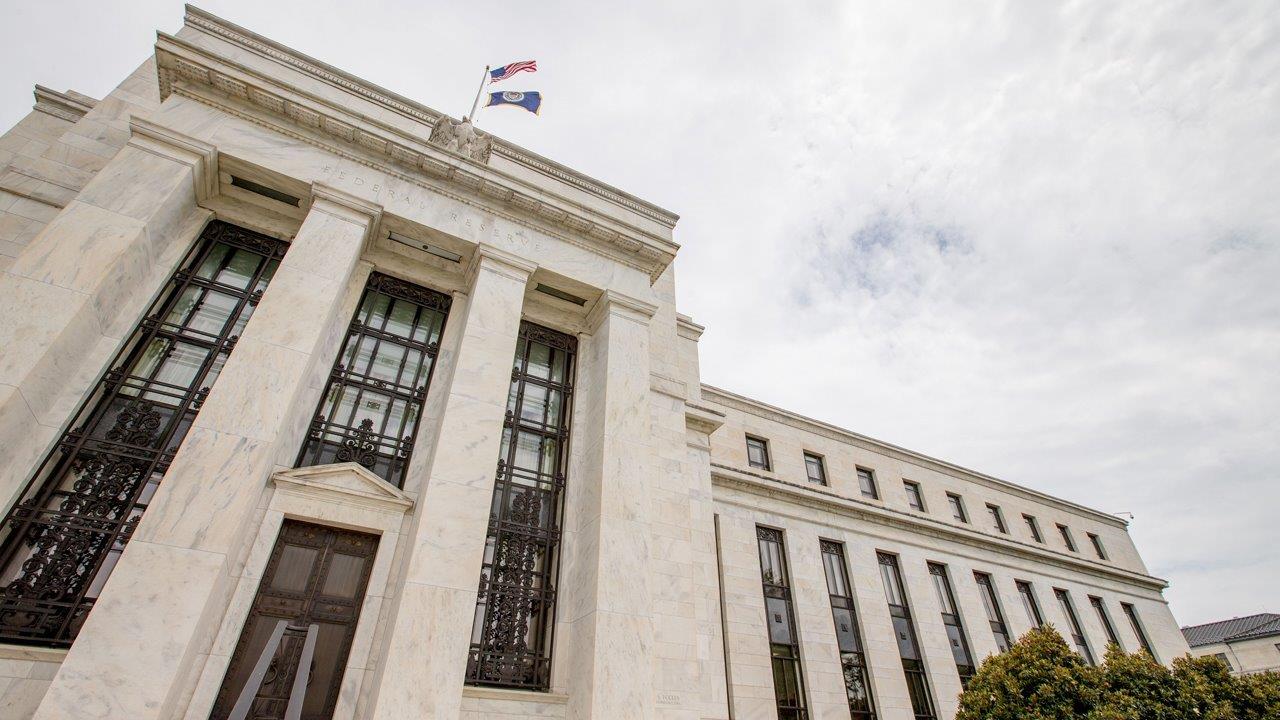Philadelphia Fed President's Top Economic Concerns
With mounting speculation over whether the Federal Reserve will raise interest rates before the end of 2016, Philadelphia Fed President Patrick Harker weighed in on interest rates and areas of concern in the economy.
Harker explained that there were positive factors in the U.S. economy that led him to support a rate hike by the end of 2016.
“I was supportive in September of a rate move and I am still supportive by the end of the year having one rate move,” Harker told the FOX Business Network’s Maria Bartiromo.
But despite his support of a rate hike by the end of the year, Harker did point out pockets of concern in the U.S. economy. One of Harker’s concerns was the state of business investment.
“So, the second half [of 2016] I believe is stronger than the first half. Generally, things are going well. The labor market continues to perk along. Not everything’s perfect but it’s strong. If there’s one weakness, it’s business investment and that’s an area we continue to monitor.”
Harker saw two factors behind the current lack of business investment, the first being uncertainty.
“I think it’s many factors, but two that come to my mind are uncertainty, right? 18 months ago I was on two corporate boards, sitting on the other side of the director’s table. And in that world of uncertainty you’re going to hold off making those investments until you can take a prudent risk and understand that uncertainty. And there’s a variety of those risks that are out there.”
Harker saw the second as consequences of the low-rate environment.
“Secondly, I think, and there’s evidence to suggest, that given how low the rates are, if you have capital to invest, either in plant and equipment, or in an acquisition, or in a stock buyback, the least risky thing to do right now for many firms is the stock buyback. And while that’s rational for the firm, it doesn’t help economic growth in the long run.”
Another concern for Harker was a potential decline in the labor force participation rate.
"So, we’re not going to see a tick up in a sustained way anytime soon. If anything, our staff here estimates we’re going to see another two percentage point decrease for a simple reason, we the Baby Boomers, are retiring and we’re not re-entering the workforce.”
Harker then weighed in on the outlook for GDP and the neutral rate.
“So, my, our best estimate is that GDP growth will be about trend this year, 2%, maybe a little higher than that given what we’ll see here in the third quarter. Going forward, we still have a problem in that the neutral rate, our stars, is low. But that’s not what monetary policy can effect, we can create the environment for a healthy economy but ultimately that is due, to move that productivity has to increase and other things have to happen.”
Although Harker saw a dwindling labor force as a concern, he views immigration as a potential solution.
“Think about the labor force, we’re starting to run out of people in some ways right?” Harker continued, “There’s no other big group that’s gonna show up in the labor force, and we’re [Baby Boomers] retiring. And so I think immigration is a critical component, especially high-skilled immigration, is critical component of continuing economic growth in this country.”
Then Barnes asked about concerns over commercial property values.
“We’re worried a little bit about that too. We’re starting to see cooling off here in the Philadelphia market, a little bit of the development of multi-family units so that we can absorb that. And I think that’s a healthy sign.”




















